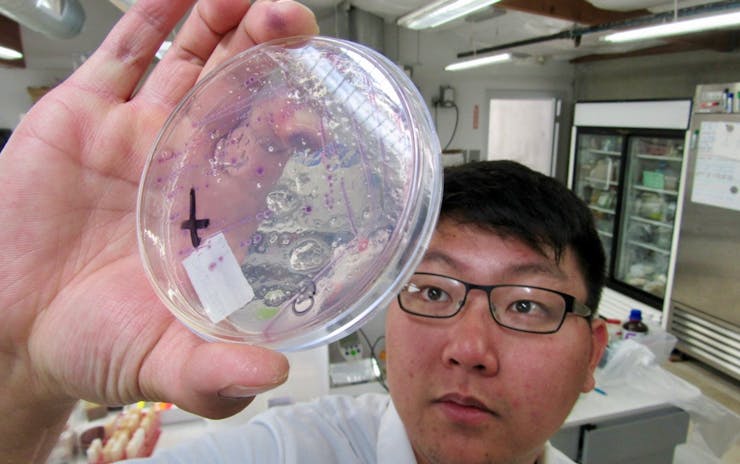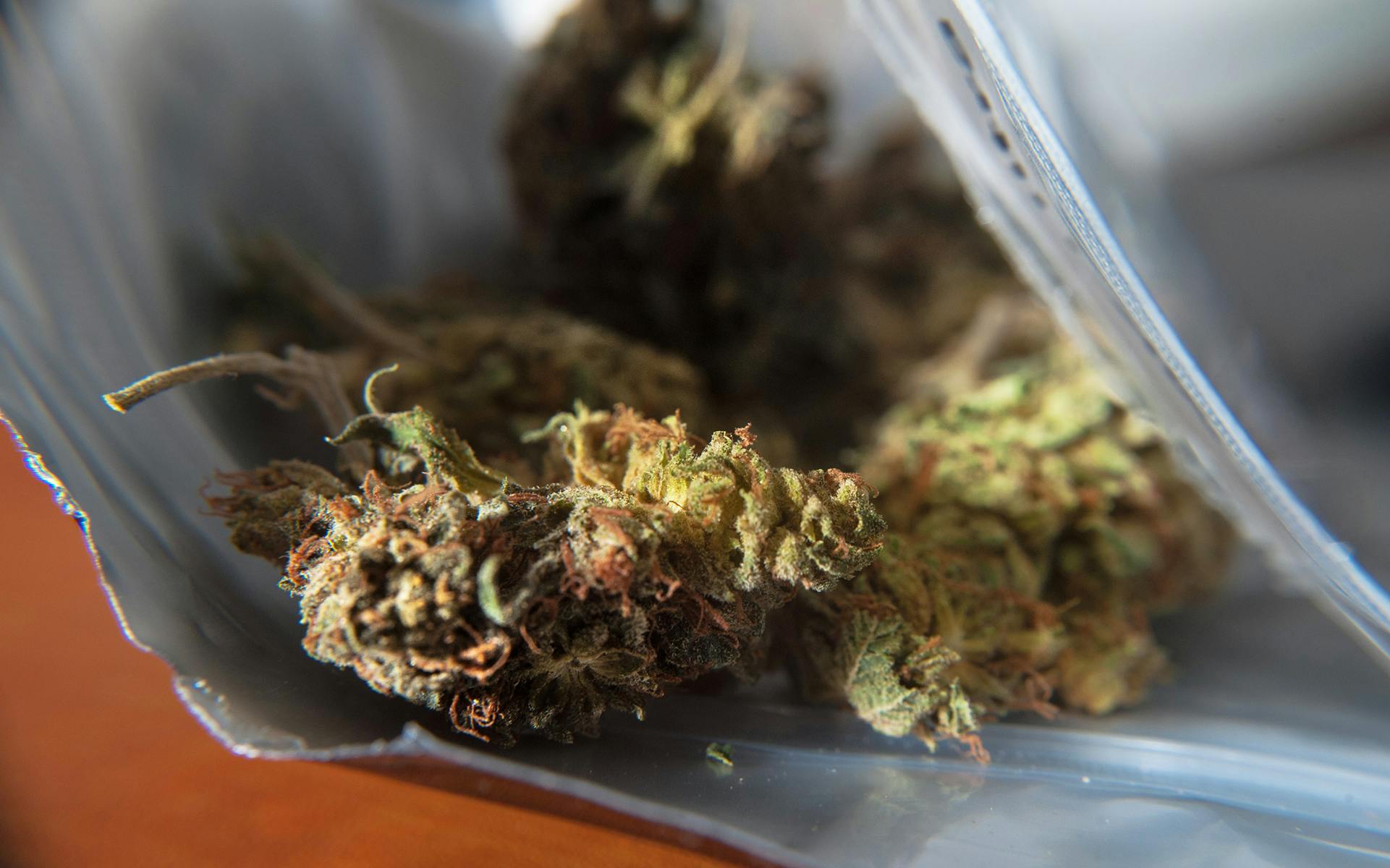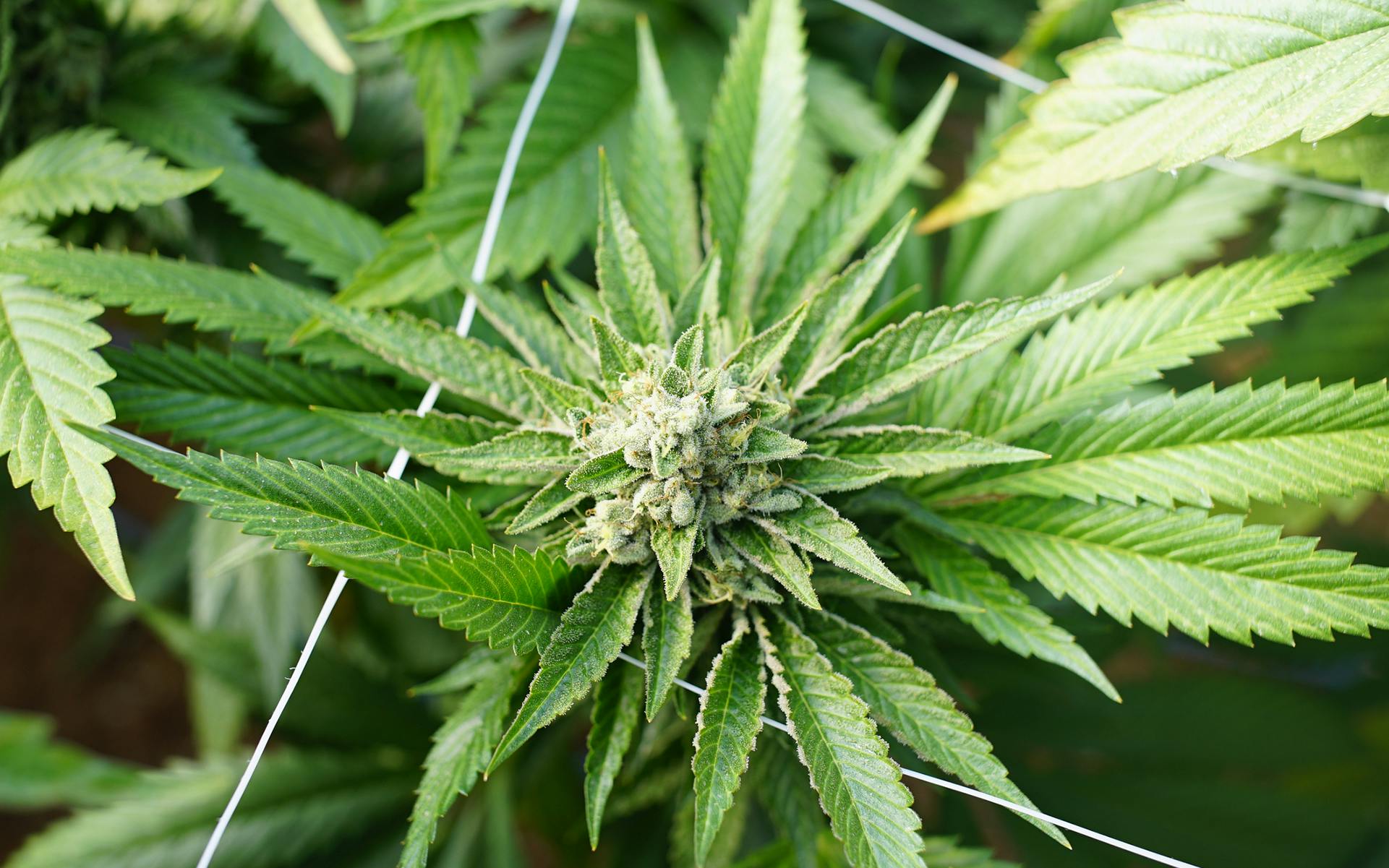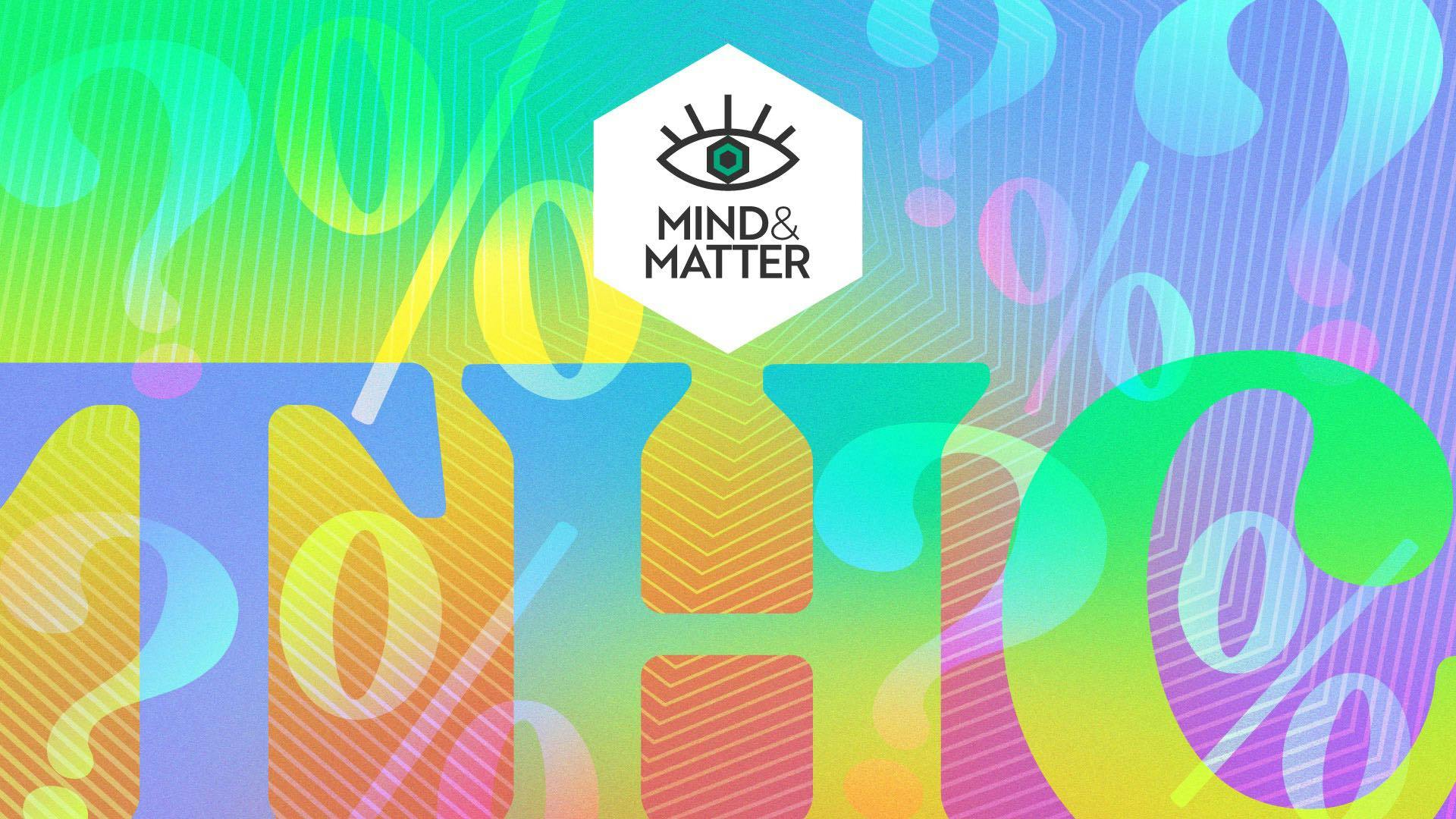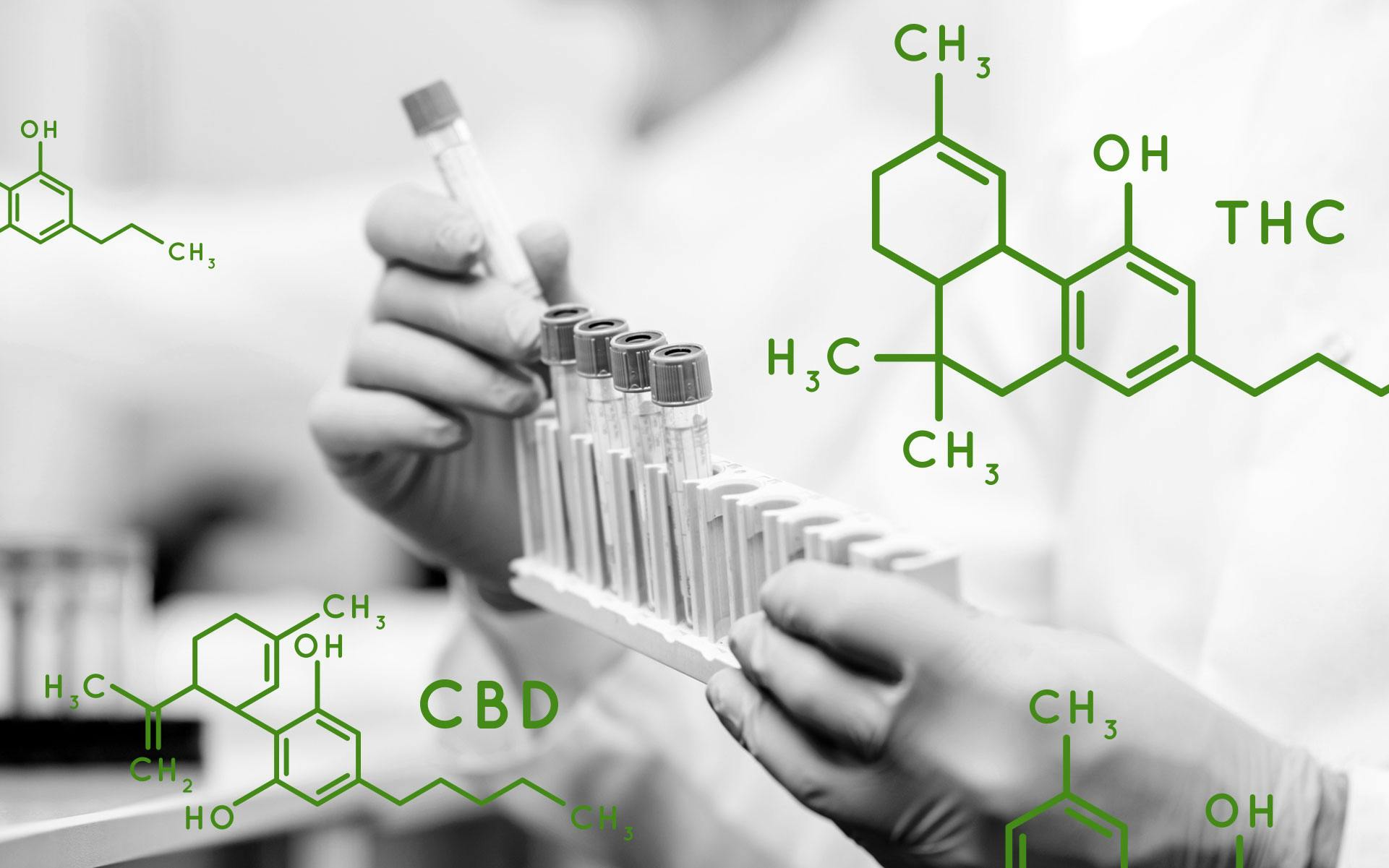California’s millions of weed smokers should see test scores come down a noticeable amount this year. But fear not—the weed remains as strong as ever.
State officials have begun reigning in the pernicious practice of “THC score inflation” in 2024 all across the state. In January, the Department of Cannabis Control started enforcing new rules that make all labs test the same way. So no more suspect “40% THC” scores on flowers, and that’s a good thing.
You can already start to see the more accurate THC numbers hitting shelves. Instead of a “35% THC” or “30% THC” on a jar, you might see “25% THC” or “20% THC.” Since the turn of the year, there has been a noticeable dip at the retail level. Most of the stuff that still has crazy numbers is the leftovers from the tail end of 2023.
State inspectors are visiting labs, and about two dozen labs follow the new standard. The others need to shape up, the DCC told Leafly.
At least for now, the numbers are coming back down to reality.
Josh Wurzer, Founder, SC Labs
“There are currently 23 labs that can test for flower and non-infused flower products. The Department continues to actively review verification reports for labs that want to come into compliance to be able to test for flower and flower products,” The DCC told Leafly in a statement, “Laboratories that test flower and have not had their verification report reviewed by the Department will be considered non-compliant and may be subject to disciplinary actions.”
One of California’s oldest labs, SC Labs, is approved to keep testing. SC Labs’ President and Cofounder Josh Wurzer once bristled at the new rules, but now sees their upside: less malarkey in the market.
“When DCC announced this method, I was initially against it just because I still see a million ways that a lab was looking to inflate THC could still inflate values even using the DCC method,” Wurzer told Leafly. “But, you know, just from what we’ve experienced since the first of the year, it seems like maybe at least for now, the numbers are coming back down to reality.”
Potency inflation had gotten out of hand

False information on legal cannabis labels undermines the voters’ intent for legalization. People want purity and accurate potency scores—not games. But games is what Californians got when legal sales began in 2018.
Shop highly rated dispensaries near you
Showing you dispensaries nearGrowers regularly reported a THC arms race as competitors “lab shopped” for the highest scores to stick on bags.
SC Labs’ team has heard about a lot of that happening in recent years. It started with a few people skewing high and a couple of labs doing it, and everyone was whining about it.
“And then over the last year, it’s just gotten to a point where it’s just, straight up, I hear stories about salespeople at some of the labs that will just be like, ‘Hey, what numbers do you need on these?’ And it’s hitting that number,” Wurzer said.
If we can’t trust, the basic number that we’re looking at, the concentration of THC, that’s one of the major selling points of getting a consumer to enter the regulated market.
Josh Wurzer, Founder, SC Labs
SC Labs alleges bad labs giving out fake high scores drove some honest labs out of business in California. Consumers had to see a score above 25 or 30% THC or they weren’t buying it.
“It’s gotten to the point where only a handful labs that aren’t doing this stuff are around,” Wurzer said.
How California cleaned up its labs
The effort to clean up California’s cannabis testing goes back to 2021.
The Office of Administrative Law approved the Department of Cannabis Control’s regulations standardizing cannabinoid testing methodology in July 2023. That includes the same testing method for all licensed testing laboratories in California.
The rules cover everything from the size of the bottle of solvent labs use to really basic language changes like “have to” to “shall.”
Sample prep is more precise
The biggest difference is it’s much more specific in the way labs do the sample prep.
“They’re very prescriptive on the sample weight, so they make us weigh out exactly .2000 grams, and we’re like okay, well, what’s the plus or minus on that? Obviously, you can’t lay out every time exactly point .200 grams. Do you know how long it’s going to take to pick a little grain of bud off of there to get back to three zeros? And they’re like, ‘No, no, that’s what it says,’” Wurzer said.
Extra testing may be required
In addition to the challenge of getting those perfect sample sizes quickly, the extraction process can force you to do extra testing. Wurzer said the method makes it hard to measure the whole range of minor cannabinoids present at 1% as well as the ones that are there in high concentrations all in one pass.
“Just because of some of the different volumes and dilution factors they picked, so it’s just kind of some nitpicky things,” Wurzer said.
For example, the issue with measuring minor cannabinoids has impacted growers and sellers of specialty strains high in THC-V in January and February.
Double the testing time
Wurzer says between the supplies rules and the labor time they are spending almost twice as much per sample. He’s talked to other labs and they are saying it’s about the same for them too.
We asked Wurzer if it felt kind of wild to watch the state double the base costs for him to do business. He was hopeful the results will be worth it.
“If it manages to rein in the potency issue, which I see is like sort of existential to California cannabis things that sort of delegitimizes all the quality control testing we’re doing,” Wurzer said, “If we can’t trust, the basic number that we’re looking at, the concentration of THC, that’s one of the major selling points of getting a consumer to enter the regulated market.”
So if the goal is reigning in THC inflation, Wurzer doesn’t mind the increased costs.
Enforcement also ramping up
After the rules came out in summer 2023, there was a lot of mystery as to how heavy-handed the enforcement would be on this major transition for the industry.
The regulations went into effect in October and then became mandatory to be compliant on New Year’s Day.
Wurzer said there weren’t any insurmountable hoops or hurdles. It was his understanding a lot of people just weren’t taking it seriously, “they thought it wasn’t gonna happen or weren’t paying attention.”
The new wave of 24 compliant labs in 2024 had already been following the new rules.
Wurzer says the methodology alone won’t stop THC score inflation, but the flashes of enforcement we’re starting to see from the state will help the cause. The tricks some labs use include things like weighing extra material to give people the results that they want. Labs can also purely falsify results, but the inspectors are at least watching now.
Recalls also show the system working

Wurzer also pointed to the recent recalls of products by the DCC as further evidence of heavier compliance. State officials can place a product on a hold (called an embargo), or recall it entirely. Wurzer thinks it seems like they’re potentially kind of cracking down on some of those kinds of things shady operations would do a lot. Wurzer believes there are a bunch of factors in play, but the biggest one is that that new methodology moving forward.
Next up: Cheaper and faster lab accuracy
The rules can be further refined as well down the road. Wurzer says there’s a faster, cheaper way to test accurately, but he’ll accept the new regime.
“I think people can still cheat, but so far, it seems to be having some effect and so I’m not going to complain about it right now,” Wurzer said.
Expect more labs to come back online for the California cannabis industry in the weeks and months ahead.
